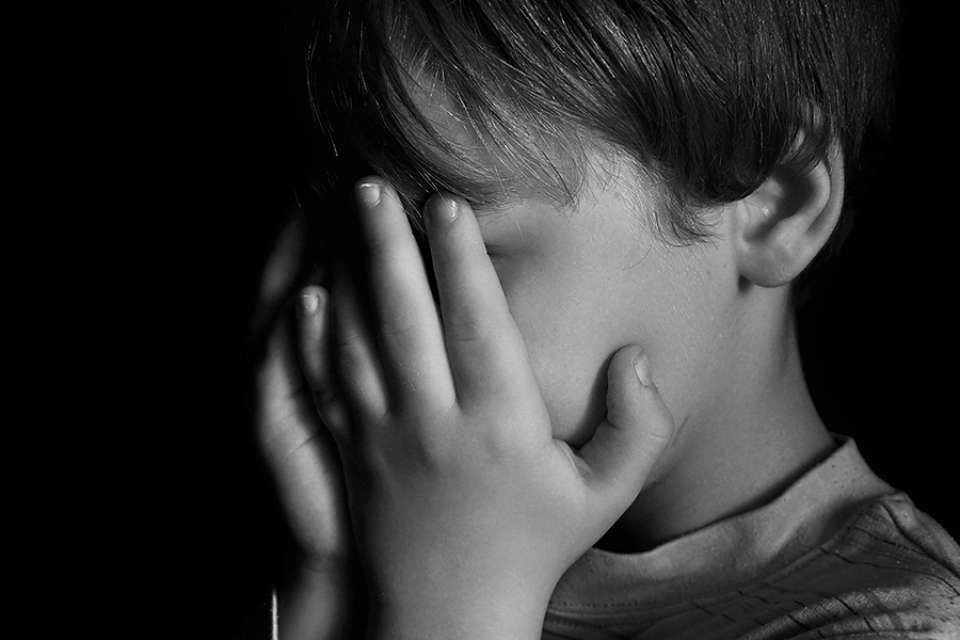The damaging effects of child pornography are undoubtedly incalculable, but a bipartisan bill has been introduced to bring its victims financial restitution and means for emotional healing.
The bill was approved by the Senate Judiciary Committee Jan. 11.
“Child pornography leaves in its wake a trail of tragedy and shattered life. While public policy may never eradicate this evil altogether, it can at least alleviate the suffering of its victims,” read a Jan. 10 op-ed by Senator Orrin Hatch (R-UT) and Dr. David Corwin published in the Daily Herald.
Hatch, former Chairman of the Senate Judiciary Committee, introduced the bill Nov. 16, 2017 alongside Senators Pat Toomey (R-PA) and Dianne Feinstein (D-CA). Corwin is president-elect of the American Professional Society on the Abuse of Children.
Titled the Amy, Vicky, and Andy Child Pornography Victim Assistance Act, the bill is named out of respect for the victims of the some of the most widely circulated child pornography series in the world.
“Child pornography is different than other crimes in the way it continuously hurts victims,” Hatch said. “Victims of this insidious crime deserve assistance tailored to how often the offense imposes harm, especially when images are trafficked on the internet. The Amy, Vicky, and Andy Act will provide meaningful assistance for victims to help them recover and reclaim their lives.”
Feinstein said that “the sexual abuse and exploitation of children is one of the most heinous crimes and child-pornography victims are affected for the rest of their lives. Our bill makes it easier for these victims to secure restitution from those that produce and traffic child pornography.”
Unlike a bill passed over two decades ago which requires restitution for victims of sexual abuse, this new bill seeks healing for reoccurring damages of child pornography victims, which may worsen due to the explicit material being shared on the internet.
According to the op-ed, a recent study has shown that 70 percent of adults who are victims of child pornography are afraid of being recognized by someone who has viewed the images of their sexual abuse. An estimated 30 percent have reported having been recognized.
“Few could name a more traumatic experience than being sexually abused during childhood. But photographs or video of that abuse circulating on the Internet can turn a victim’s life into a never-ending nightmare,” said Hatch and Corwin.
“The Supreme Court itself has acknowledged that ‘every viewing of child pornography is a repetition of the victim’s abuse.’”
Under the bill, victims of child pornography trafficking would receive from each defendant between $3,000 and one percent of their total losses as restitution.
Victims of child pornography production could receive a single compensatory payment of $35,000.
Perpetrators would be fined up to $17,000 for possession, $35,000 for distribution, and $50,000 for production crimes.
“The ongoing nature of child pornography’s harm means that its victims can require lifelong treatment to address their chronic distress,” Hatch and Corwin said, noting the money could fund the physiological aid that may be necessary for healing.
Child pornography victims would have the same access to images depicting them as do defendants, so as to facilitate victim identification, forensic analysis, and treatment.
Although the bill is still in its early stages, the victims after whom the bill is named have expressed gratitude for its introduction, and have called on Congress to advance it.
“I’m lucky, and so is Vicky and Amy and so many other mostly silent victims out there, to have you on our side and everyone else in the Senate,” said Andy, one of the victims.
“This bill is an important and needed step in the process of healing and making those who have harmed so many accountable for the damage done. We are thankful for the efforts of all who have brought this to this point and urge Congress to go the last mile to make this happen,” wrote Vicky and her husband.

